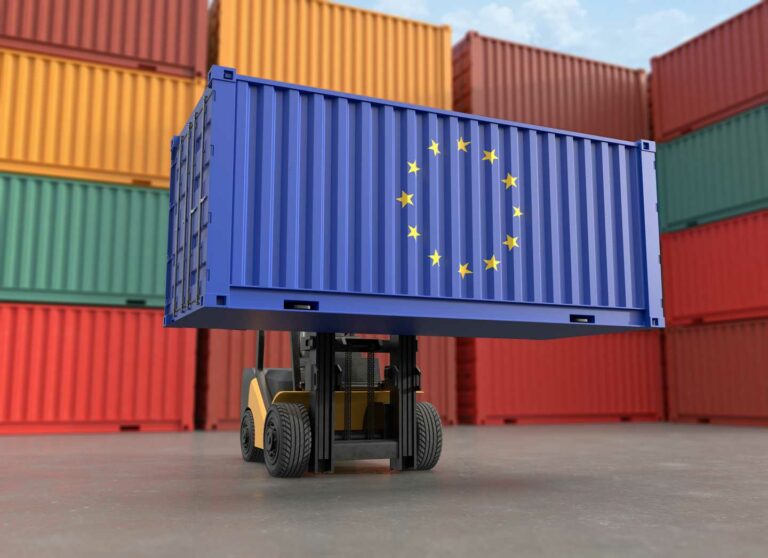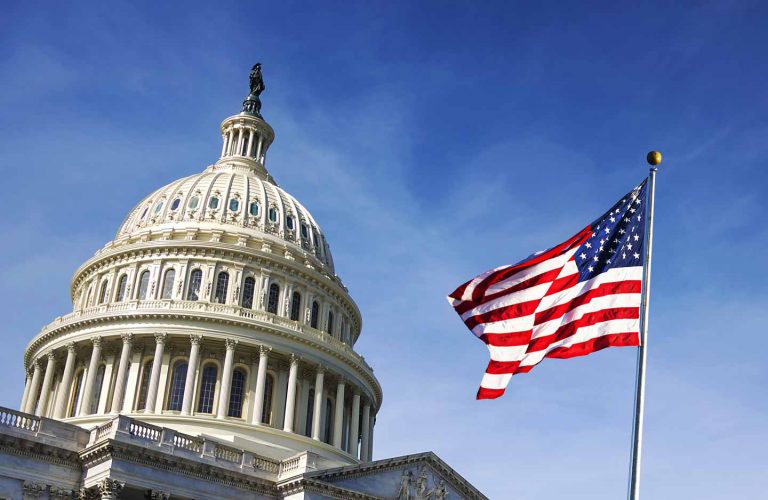The Dutch government has set up restrictions in order to deal with the current sanitary crisis.
Since 15 December 2020, the Netherlands are subject to a lock down aiming to reduce the number of contaminations to the Sars-Cov-2.
Therefore, travels to the Netherlands are strongly advised against before 16th May 2021, unless it is impossible to cancel.
Moreover, restrictions have entered into force at the terrestrial, aerial and maritime borders. They apply to travellers and transporters who intend to travel in the Netherlands. These restrictions may vary depending on the travellers’ provenance.
Furthermore, as of 28 April 2021, the curfew that was in application between 9 p.m. and 4.30 a.m. is not in application anymore on the Dutch territory. Restaurants, bars and coffee shops are allowed to open their outdoors seating areas between 12 a.m. and 6 p.m. under certain conditions.
Restrictions for countries of the European Union and the Schengen Space
The borders with countries of the European Union (EU) and Schengen Space remain open.
In consequence, citizens from one of the EU Member States or from the Schengen Space can travel to or stay in the Netherlands.
Nevertheless, they must follow the sanitary procedures set up by the Dutch government. As of 16 March 2021, the Dutch government has applied sanitary measures that vary depending on the means of transport used to enter the country.
Travellers entering the territory by flying and by sailing must:
- Carry a traveller’s public health declaration.
- Present negative results to a test to the Covid-19 fulfilling one of the two options below:
- Presenting negative results to a PCR test performed less than 24 hours before boarding. If this condition is met, there will be no need to do a quick antigenic test.
- Presenting negative results to a PCR test performed less than 72 hours before boarding, as well as negative results to a quick antigenic test performed less than 24 hours before departure.
These obligations do not apply to travellers in transit through the Netherlands. They will be obliged to present negative results to a PCR test done less than 72 hours before departure.
- Self-quarantine for 10 days upon arrival in the Netherlands. Travellers may get tested again on the fifth day following their arrival on the Dutch territory. If the results are negative, the quarantine may end.
Travellers going to the Netherlands by public transportation, train or bus must:
- Present negative results to a PCR test performed less than 72 hours before departure.
- Self-quarantine for 10 days upon arrival in the Netherlands. Travellers may get tested again on the fifth day following their arrival on the Dutch territory. If the results are negative, the quarantine may end.
Essential cross-border traffic is not subject to these obligations:
- transports of goods,
- essential non-professional cross-border travels,
- necessary professional cross-border travels.
Travellers in provenance from Iceland and Portugal are also not subject to these obligations.
Restrictions for non-EU countries
Travellers coming from the countries listed below can freely enter the Netherlands, regardless of their trip’s purpose or their nationality. They are also not subject to any sanitary restrictions:
- Australia,
- China,
- New Zealand,
- Rwanda,
- Singapore,
- South Korea,
- Thailand.
On the other hand, travellers and transporters coming from countries not listed above will need to have a reason for travel that corresponds to one of the exceptions accepted by the Dutch government to travel. Otherwise, they will not be allowed to travel to the Netherlands.
Travellers and transporters fulfilling one of the conditions enumerated by the Dutch government will need to provide the following documents in order to enter the Netherlands:
- As of 16 March, travellers arriving by plane or by boat must present negative results to a PCR test following one of the options below:
- Presenting negative results to a PCR test performed less than 24 hours before boarding. If this condition is met, there will be no need to do a quick antigenic test.
- A traveller’s public health declaration.
Travellers will also need to self-quarantine for 10 days upon arrival in the Netherlands. They may get tested again on the fifth day following their arrival on the Dutch territory. If the results are negative, they may end their isolation.
Furthermore, flights and boats from the countries listed hereafter to the Netherlands and Dutch Caribbean are forbidden:
- Argentina,
- Bolivia,
- Brazil,
- Chile,
- Colombia,
- Dominican Republic,
- Equator,
- French Guyana,
- Guiana,
- India,
- Panama,
- Paraguay,
- Peru,
- South Africa,
- Suriname,
- Uruguay,
- Venezuela.
Transporters are not subject to this interdiction.
Useful links:




